Overview:
Niax Catalyst A-1 is an effective amine catalyst for polyurethane foams, capable of facilitating chemical reactions alone or as part of an amine catalyst system. It contains 70% bis(2-dimethylaminoethyl) ether, one of the most active catalysts used in the industry today.Niax Catalyst A-1 is highly efficient in facilitating the basic chemical reactions of polyols with isocyanates and water with isocyanates, improving the polyether foaming process for high density unfilled foams, filled foams, high load bearing soft foams, low density foams and high density foams. -Elastic molded foam.
Niax catalyst A-1 increases the specific rate constant of the chemical reaction between polyol and isocyanate by 10% compared to the second most reactive amine (a mixture of triethylenediamine). More impressively, Niax Catalyst A-1 can achieve a specific rate constant 50% higher than triethylenediamine in the chemical reaction between water and isocyanate.
Niax Catalyst A-1 has a powerful effect on the reaction between water and isocyanate, helping to facilitate controlled acceleration of the chemical reaction between polyol and isocyanate through small changes in the level of stannous octanoate - an important feature in the production of commercially open-cell, non-cracking flexible polyurethane foams.
An important feature of Niax Catalyst A-1 is the ability to adjust the level used over a wide range to effectively control foam rise time - without sacrificing the operating range of stannous octanoate.
70% Bis(dimethylaminoethyl) ether, an extremely high activity polyurethane catalyst which is widely used in the production of all types of foams and is particularly useful in more difficult to process flexible foams where a highly permeable foam structure is required;
Chemical substances
Bis(dimethylaminoethyl) ether is a chemical substance.
Synonyms:
Polyurethane Catalyst A-1, Catalyst A-1, Dabco BL-11, Niax A-1, Jeffcat ZF-22, Lupragen N206, Tegoamin BDE, PC CAT NP90, Addocat 108, Toyocat ET
Physical and chemical properties
Structural formula: (CH3)2NCH2CH2OCH2CH2N(CH3)2.
Appearance: light yellow transparent liquid;
Flash point: 64°C;
Density: (25℃) 0.85g/cm³;
Solubility: soluble in water.
Brief introduction
Bis(dimethylaminoethyl) ether has high catalytic activity and selectivity to the foaming reaction of polyurethane foam.
The first research and development of bis(dimethylaminoethyl) ether was done by U.S. Union Carbide, Niax A-1, which was later adopted by the Organic Silicon (OSI) department of Compton Corporation.
The brand name was later adopted by the OSI division of Compton Corporation.
Bis(dimethylaminoethyl) ether can be formulated into a 70% mass fraction solution of mono-dipropylene glycol, which is available from Gas Products under the brand name Dabco BL-11.
The domestic A-1 catalyst is also a 70% solution of bis(dimethylaminoethyl) ether in mono-dipropylene glycol.

Package
Packed in clean, dry, sealed and leak-free special plastic drums with a net weight of 20kg/25kg/180kg per drum.
Storage and transportation
When transporting Catalyst, it should be strictly protected from rain and staining, carefully and gently stored to prevent leakage from collision with hard objects. When storing Catalyst, it should be stored at room temperature in a ventilated and dry warehouse, avoiding humid environment, and the storage temperature should be kept below 25℃, avoiding sunlight as much as possible, and away from water and heat sources. To prevent moisture absorption and oxidation, it is recommended to fill the container with nitrogen.
Shelf life
Under proper storage conditions, the shelf life is 6 months from the date of manufacture, after which the product can be used after retesting.
Safety Information
Catalyst is somewhat toxic and should be rinsed with soapy water promptly after contact with skin. Staff can wear eye protection or safety glasses for the purpose of eye protection. Eye wash and drenching equipment should be provided near the workplace. When working in places where contact with the product is possible, attention should be paid to personal hygiene and the skin in contact with the product should be washed with washing products before eating, smoking and leaving the workplace.
Leak handling
Stop spills as much as possible while ensuring safety. If a minor spill is found, treat it with sand or other absorbent material and place it in a clean, dry container for subsequent disposal. If a large spill occurs, the spilled material should be collected for subsequent disposal. Avoid entering groundwater or surface water as the material is not readily biodegradable. All collected spilled material should be disposed of in accordance with local environmental regulations.
Disclaimers
The information and technical advice provided above has been obtained from our reliable sources, however, we make no express or implied warranties with respect to the data provided and make no promises herein. If our products are to be used, we recommend that they undergo a series of tests. The application, use, processing or production of products based on the technical information provided by us is beyond our control and therefore these responsibilities are the responsibility of the user. The condition and method of handling, storage, use or disposal of this product is beyond our control and may be beyond our knowledge, and in no event will we be liable for loss, damage or costs associated with the improper handling, storage, use or disposal of this chemical. For more information, please review the technical safety sheets for our products or contact our marketing services department.
Uses:
Promotes the reaction of hydroxyl functional groups with NCO
Safety Information:
Catalyst is somewhat toxic and should be rinsed promptly with soapy water after contact with skin. Staff may wear eye protection or safety glasses for eye protection purposes. Eye wash and drenching equipment should be provided near the workplace. When working in places where contact with the product is possible, attention should be paid to personal hygiene and the skin in contact with the product should be washed with washing products before eating, smoking and leaving the workplace.
Shelf life.
Keep unopened,two years
Storage and transportation:
Should be kept sealed and stored in a dry, cool and ventilated warehouse
Packaging:
200KG/drum Storage: It is recommended to store in dry and cool area with proper ventilation. Please fasten the lid as soon as possible after the original packaging to prevent the mixing of other substances such as water and other substances from affecting the product performance. Do not inhale dust and avoid skin and mucous membrane contact. Smoking, eating and drinking are prohibited in the workplace. After work, shower and change clothes. Store contaminated clothes separately and wash them before use. Maintain good hygiene habits.
Technical support and business contacts E-mail:sales@newtopchem.com



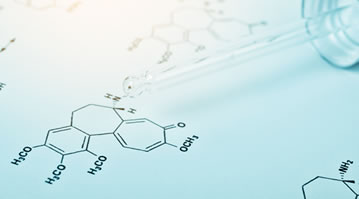

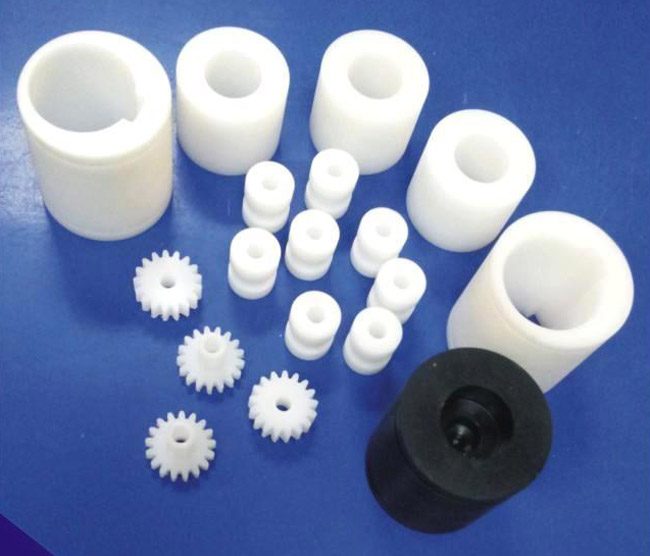


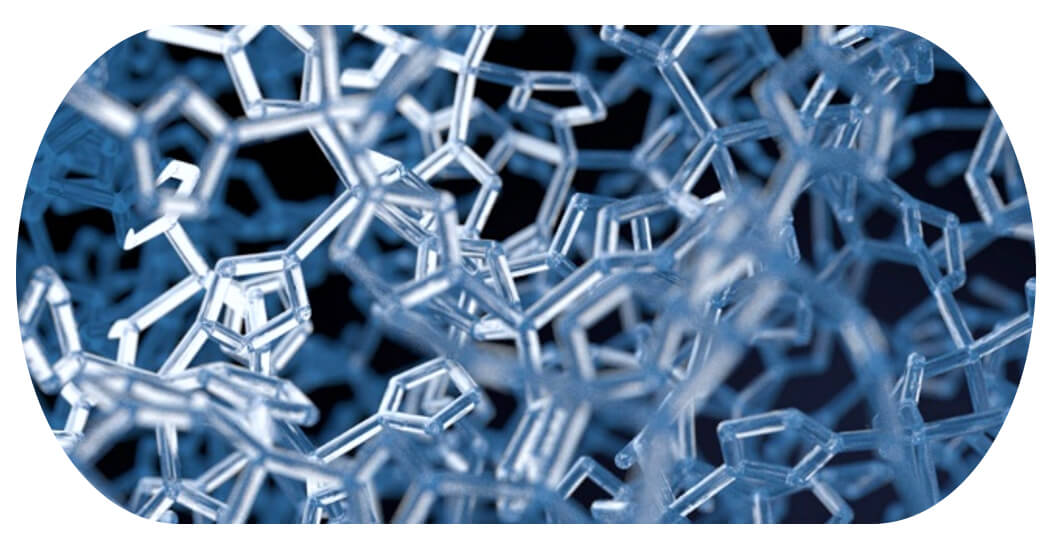



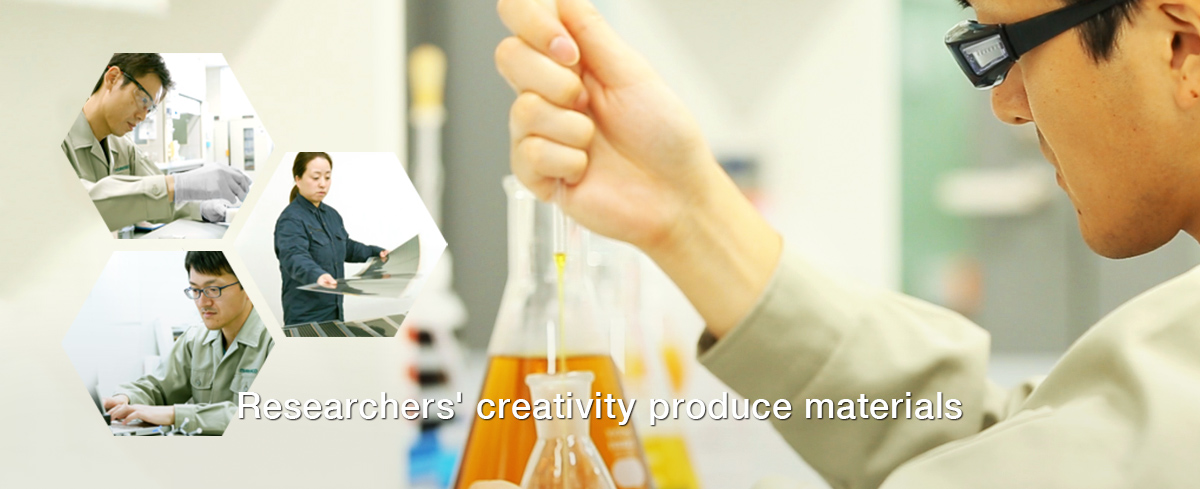





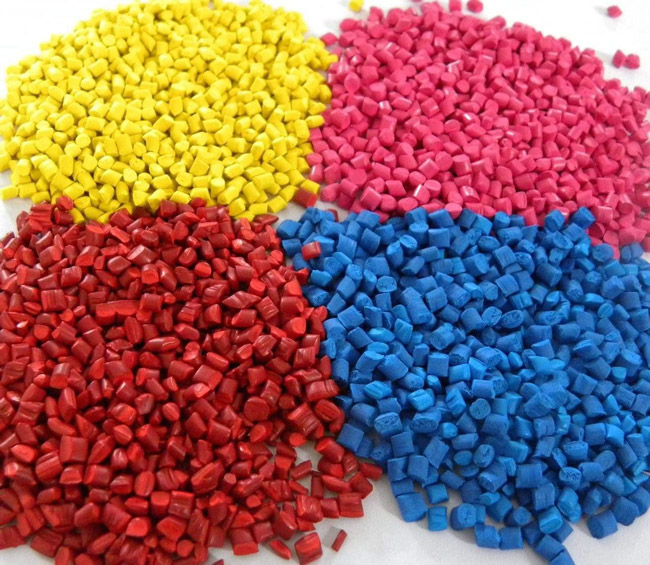

Comments